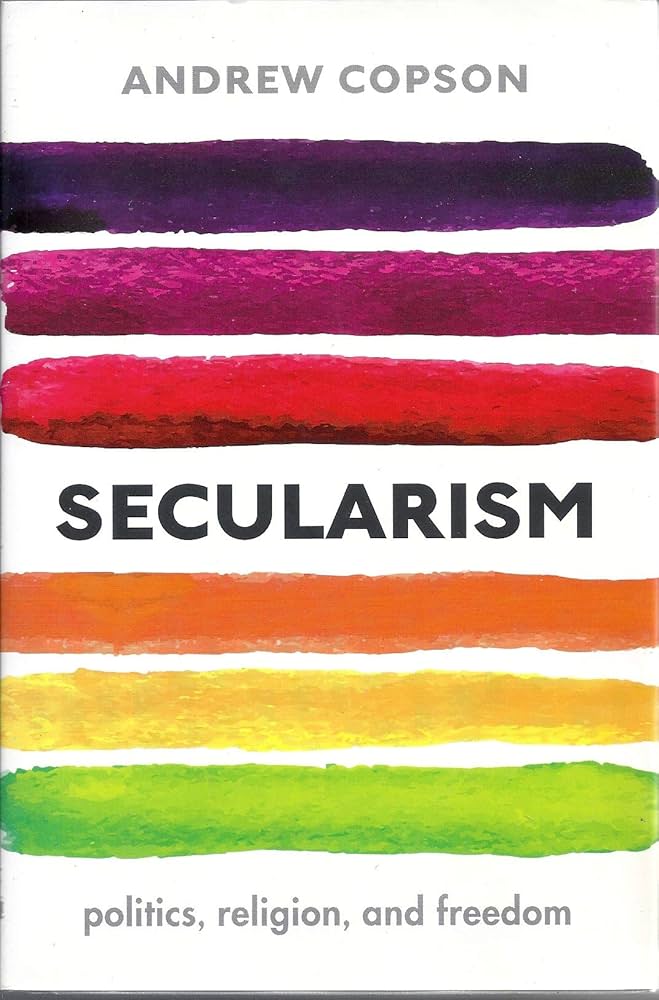Gen Z and Godlessness: The Surprising Rebound of Spiritual Curiosity

Twenty years ago, demographers predicted that by 2025, religious belief in Western countries would be all but extinct—especially among the young. Instead, a new trend has emerged: while Gen Z is the least religious cohort yet, it is also the least overtly “atheist.” Far from being militant skeptics, today’s young adults are more likely to dabble in diverse worldviews, describing themselves as “spiritual but not religious,” “agnostic,” or “open-minded.”
Surveys reveal a paradox: Gen Z is more likely than their elders to say institutions—churches, mosques, even atheist organizations—feel untrustworthy. Yet, they report high interest in meaning, ritual, and ethical living. Applications for astrology apps, mindfulness courses, and “spiritual activism” are booming. Social media platforms host lively debates on #witchtok and #atheistsoftiktok, with neither dominating the discourse.
Some observers fear this will lead to magical thinking or a retreat from science. Others see hope: a generation that isn’t afraid to experiment, question, and build new kinds of “community without creed.” The bigger question for both churches and atheist groups: how do you build trust with a generation that trusts almost no one?
In a world hungry for authenticity and belonging, Gen Z’s journey may forge a new path—one where doubt and inquiry are celebrated, and identity is something to be explored, not imposed.








